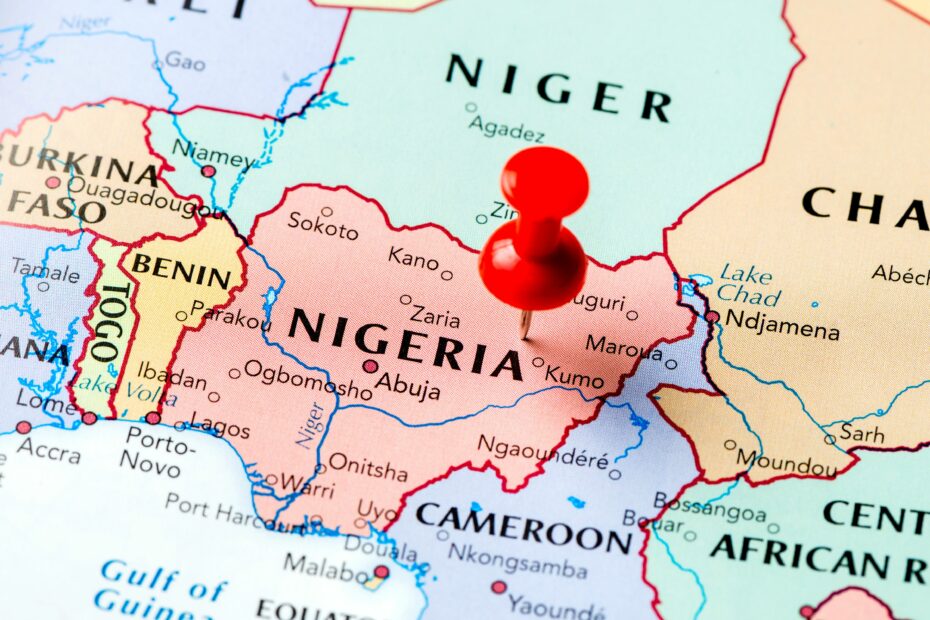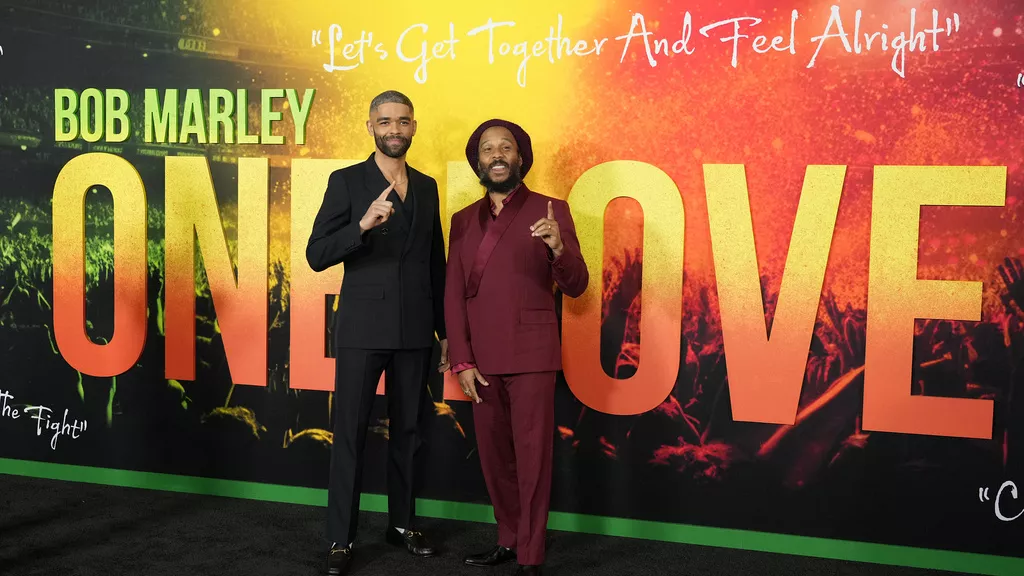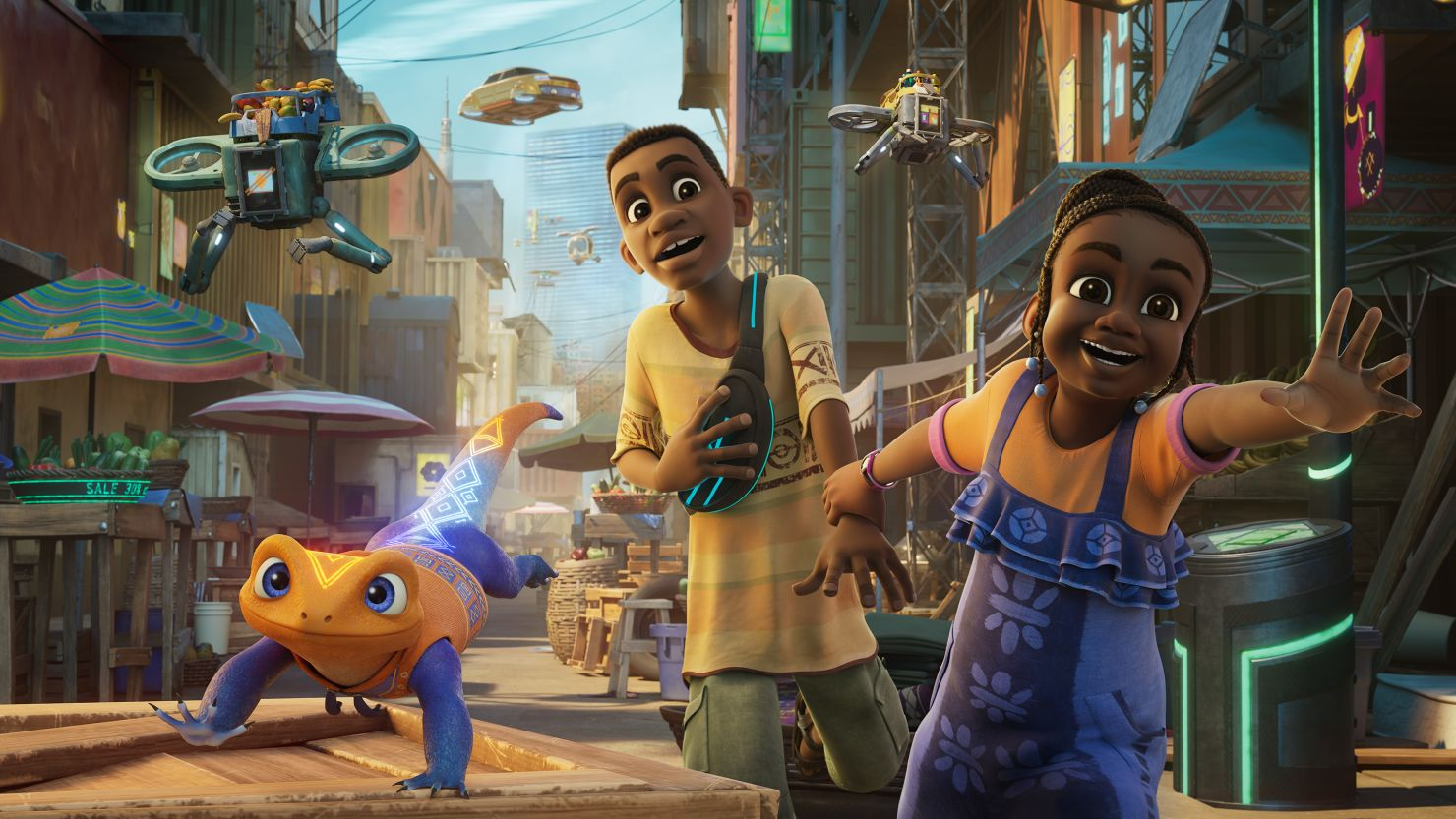Nigeria, the Giant of Africa, stands tall not only in its geographic expanse and population but also in the rich tapestry of its cultural heritage. It is a land where the confluence of over 500 diverse ethnic languages whispers stories of ancient civilizations, colonial history, and a rendezvous of traditions that paint a vibrant cultural mosaic. Let’s get to know more about Nigerian diversity.
Key Facts
- Population: Nigeria is the most populous country in Africa, with an estimated population of over 200 million people, making it the seventh most populous country in the world.
- Official Language: English is the official language, serving as a lingua franca in this multilingual nation.
- Capital City: Abuja, located in the heart of the country, replaced Lagos as the capital in 1991.
- Currency: The Nigerian Naira (NGN) is the official currency.
- Ethnic Groups: There are over 250 ethnic groups in Nigeria, with the Hausa, Igbo, and Yoruba being the largest.
- Religion: The country is roughly divided between Christianity in the south and Islam in the north, with indigenous beliefs also observed.
- Independence Day: Nigeria gained independence from the United Kingdom on October 1, 1960.
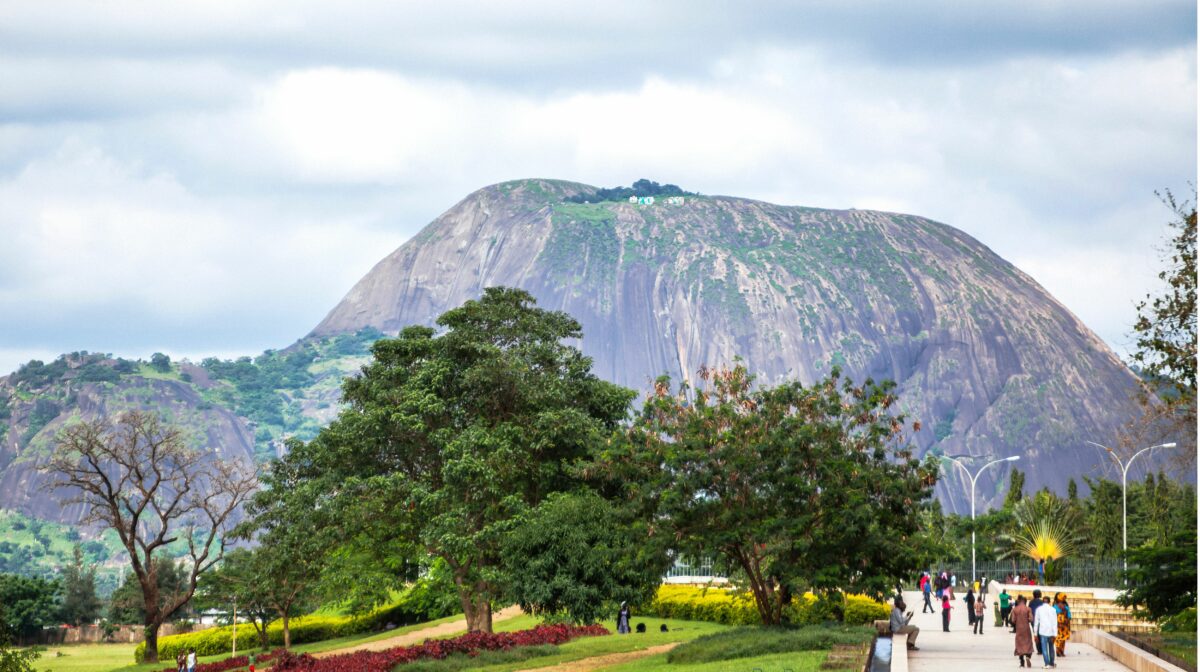
Geography and Climate
Nigeria is blessed with a diverse topography that includes lush rainforests, savannah grasslands, and an extensive network of rivers with the Niger and the Benue being the most significant. The southern coast is lined by mangrove swamps and sandy beaches, while further inland, the terrain rises to hills and plateaus, most notably the Jos Plateau. Nigeria’s geographic diversity supports a wide range of biodiversity and ecosystems.
The climate in Nigeria varies considerably depending on the region. The south experiences hot and humid tropical weather with two seasons: wet and dry. The rainy season lasts from April to October, bringing substantial rainfall and supporting the region’s dense vegetation. The north, however, has a hotter, arid climate with a single rainy season from June to September. This area is characterized by higher temperatures, less rainfall, and a semi-desert environment towards the far north, bordering the Sahel.
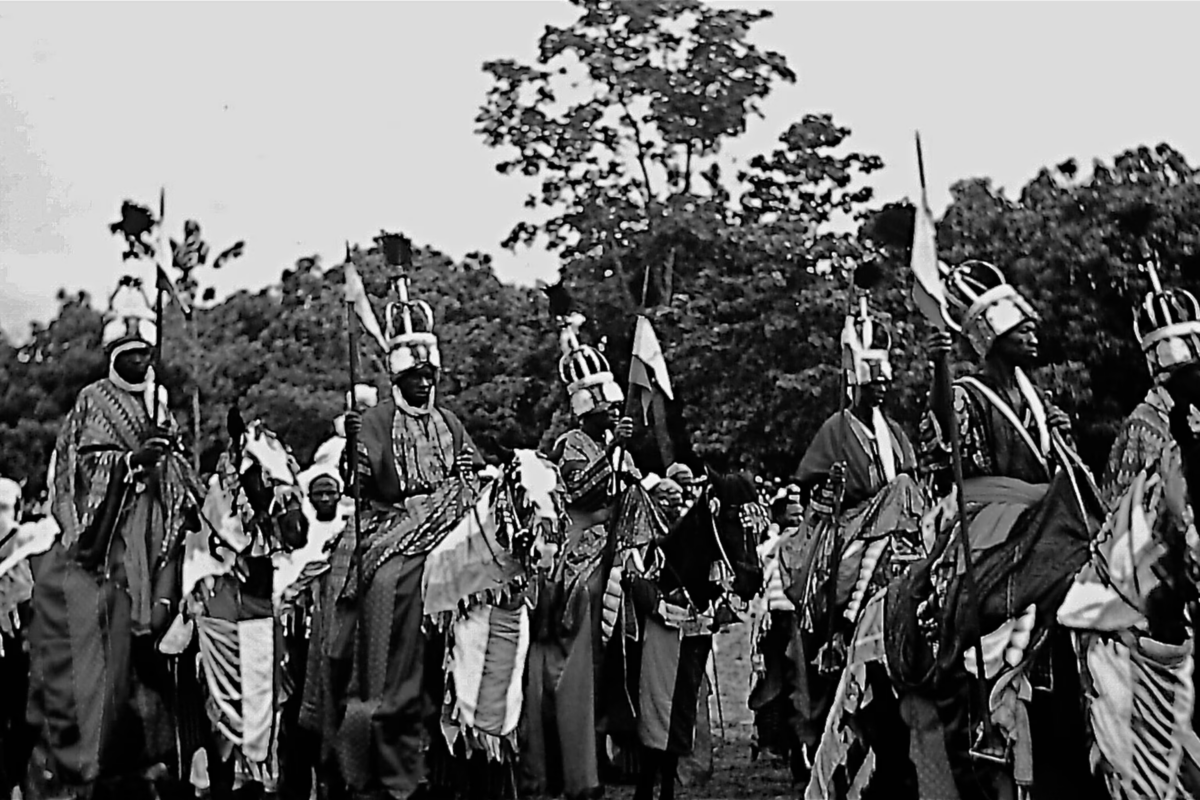
A Glimpse into Nigerian History
Nigeria’s history is marked by an intricate web of events that have shaped the nation’s identity. Inhabited for decades, the region saw the rise and fall of powerful indigenous kingdoms and empires like the Nok civilization, renowned for its terracotta sculptures, and the influential Kingdom of Ife, celebrated for its art and sophisticated governance systems. The 14th and 19th centuries brought the majesty of the Benin Empire and the formidable Sokoto Caliphate, which governed parts of what is now northern Nigeria.
The trans-Saharan trade routes established economic and cultural connections, thriving on the exchange of commodities like gold, salt, and ivory. The 19th century heralded the era of European exploration and eventual colonial domination by Britain after a series of conflicts and treaties, notably consolidating its power after the Berlin Conference of 1884. Read Also: The Top 7 African Nations with Affordable Lifestyles
Nigeria’s diverse groups came under a single colonial government in 1914, setting the stage for the growth of national consciousness. Consequently, the struggle for independence was embodied by figures like Nnamdi Azikiwe and Obafemi Awolowo, leading to Nigeria’s autonomy on October 1, 1960. However, the joy of independence was soon overshadowed by internal conflicts, leading to a devastating civil war from 1967 to 1970.
Post-war Nigeria experienced a series of military coups, a return to civilian rule, and recent democratic progress, albeit with continued challenges such as corruption, economic disparities, and communal tensions. The nation, rich in cultural legacy and natural resources, particularly oil, continues to play a pivotal role in Africa’s political and economic landscape.
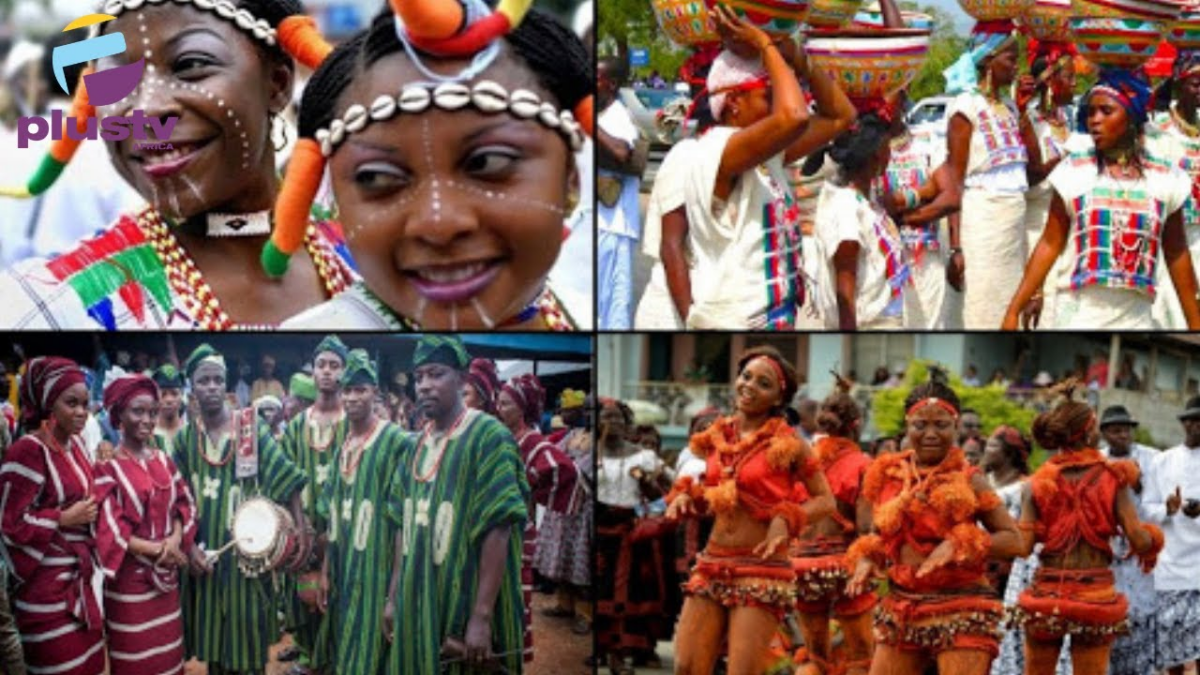
Culture and Traditions
Nigerian culture is a reflection of the diversity and depth of its many ethnic communities. Inhabited by over 300 ethnic groups, it is quite evident that the country is a melting pot of different cultures and traditions. The country’s cultural practices are often rooted in music, dance, art, and folklore, portraying stories of heritage, valor, and communal life. Moreover, each ethnic group has its unique customs and practices passed down through generations.
Clothing
Nigeria is known for its bold, artistic love for fashion, which is evident in the fabrics used. Materials such as Aso Oke, Adire, and Ankara are worn with pride and serve as non-verbal communication of one’s status and identity. The Yoruba favors attire that emphasizes gender, with men often donning the likes of the voluminous Agbada, the elegant Sooro, and casual Kembe. Yoruba women wear intricately embroidered blouses paired with elaborate wrappers.
The Igbo have a distinctive style with men wearing the Isiagu, a boldly patterned top accompanied by trousers and traditional hats, and women adorning themselves with headscarves, puff-sleeve blouses, and wrappers. The Hausa-Fulani males are recognized by their flowing wide-sleeved robe, the babban riga, while the women’s futa jallon is a testament to their sense of style.
Music and Literature
Music courses through the veins of Nigerian society, echoing the heartbeat of its people. The nation has birthed traditional music genres including the rhythmical Highlife, the drum-driven Jùjú, and the revolutionary Afrobeat pioneered by the legendary Fela Kuti. The contemporary soundscapes of Nigeria resonate with Afrobeats, a genre now dancing on the global stage, addressing themes of love, prosperity, and social commentary.
In the realm of literature, Nigerian works, led by acclaimed authors like Chinua Achebe and Wole Soyinka – the first African Nobel laureate in Literature – explore diverse narratives of the Nigerian experience. Nigerian literature is renowned for its depth, and complexity and has produced several award-winning writers in recent years.
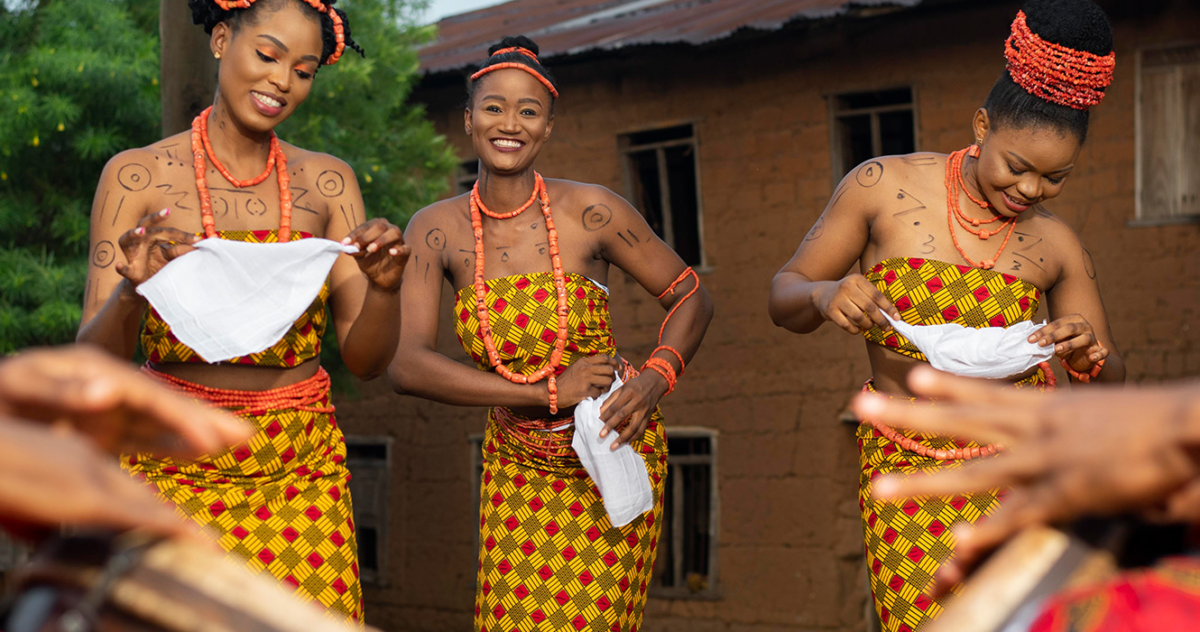
Dance
Dance in Nigeria is as diverse as its society, with every ethnic group bringing its own choreography to the national stage. The Igbo are celebrated for their Atilogwu dance, an acrobatic display that narrates their cultural stories, while the Abbi people’s Ukwata dance during the Ukwata Festival is a spectacle of joy and community spirit. Nigerian dance is a dynamic and integral expression of life’s various facets, from entertainment to ceremonial rites.
Artistic Expressions
Art in Nigeria is as old as the communities themselves, showcasing an evolution of forms and themes over centuries. Pottery and sculptures, ranging from the terracotta Nok heads to the iconic bronzes of Benin, display the dexterous artistry that has been passed down through generations. The country also celebrates modern art, with a vibrant contemporary scene and notable artists like Ben Enwonwu gaining international recognition.
Religion
Religion in Nigeria offers a window into the soul of the nation, where Christianity and Islam are practiced by millions. In the South, the Igbo and Yoruba peoples primarily embrace Christianity, while in the northern regions, Islam is predominantly followed, especially among the Hausa. Still, a myriad of Nigerians maintain indigenous belief systems, sometimes merging these with Christian or Islamic faiths, showcasing the country’s spiritual syncretism.

The Beat of Afrobeat
Afrobeat stands as more than just a musical genre; it is a cultural phenomenon that displays the spirit of West Africa, especially Nigeria, where it emerged in the heat of the late 1960s. The genre was ignited by the legendary Fela Kuti, whose defiant spirit and creative genius fused traditional Yoruba music, jazz, highlife, and funk into a potent auditory experience accentuated by chanted vocals. Read Also: Top five Afrobeat artists rocking the global scene
At the core of Afrobeat are its sophisticated, spirited rhythms crafted from an arsenal of percussion instruments supplemented by robust horn sections. Afrobeat has transcended time and borders, endlessly evolving as it shapes and is shaped by the global musical landscape it so vibrantly colors. Consequently, it has given birth to global sensations, including the likes of Burna Boy, Davido, Tems, Rema, Tiwa Savage and Wizkid, just to name a few.

Nollywood
The Nigerian film industry, popularly known as Nollywood, rides the waves of creativity and enterprise to stand as one of the largest film industries in the world. Nollywood movies are celebrated not just for their volume, but for their power to tell unique Nigerian stories that resonate with audiences across Africa and the diaspora.
From captivating dramas to spellbinding folklore narratives, Nollywood holds a mirror to society’s multifaceted experiences. Its growth has inspired other African film industries to follow suit, ushering in a new era of Pan-African cinema.
Nigerian Cuisine
Nigerian cuisine is a rich collection of flavors, textures, and colors, reflecting the country’s diverse ethnic groups and cultural heritage. At the heart of many Nigerian dishes are staple ingredients like rice, yams, plantains, beans, and an array of local vegetables and spices.
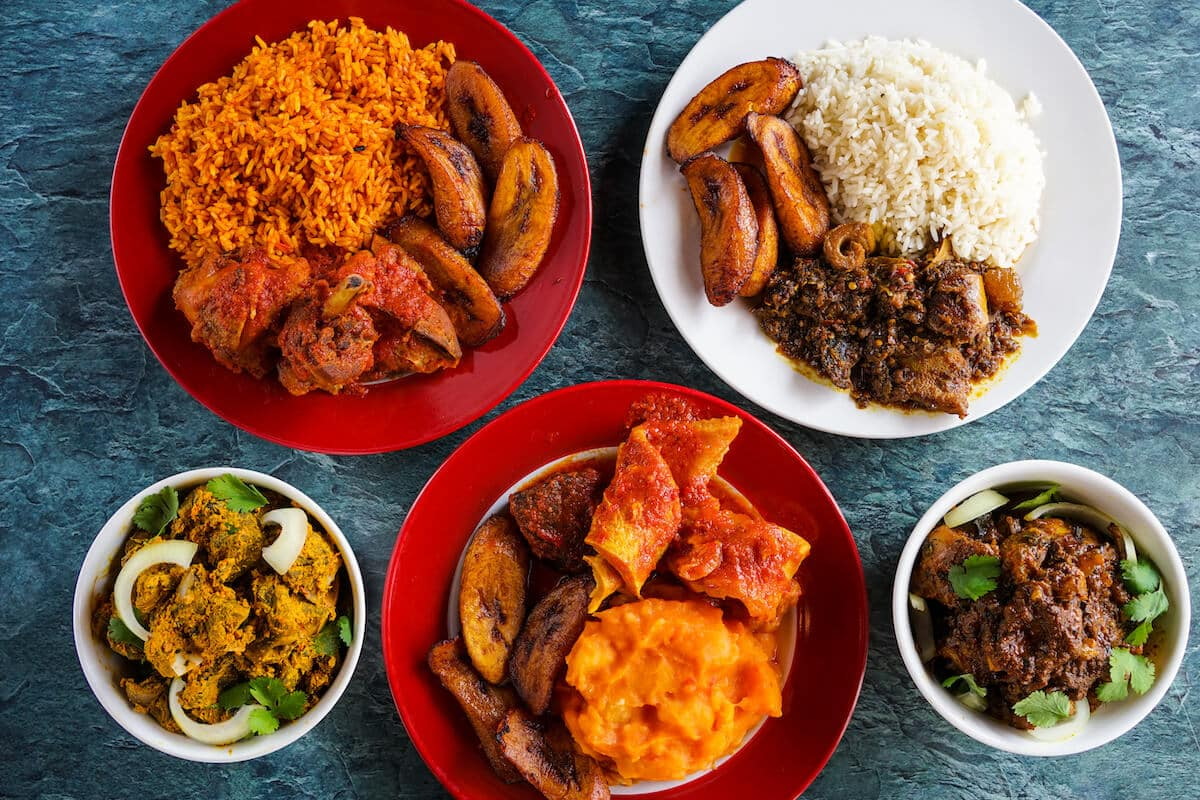
One of the most popular dishes is Jollof rice, a one-pot dish cooked with tomatoes, onions, and spices, often served with sides of fried plantains and grilled or fried chicken, beef, or fish. Another favorite is Egusi soup, a thick, hearty stew made with ground melon seeds, leafy greens, and meat or fish, typically enjoyed with pounded yam or fufu (a dough-like food made from cassava, yams, or plantains).
Pepper soup, a spicy, brothy soup loaded with various meats and fish, is a beloved comfort food and is often served as an appetizer at social events. Suya, skewered and grilled meat coated with a peanut-spice rub, is a popular street food enjoyed across the country.
Nigerian food is also known for its use of palm oil and ground crayfish, which add unique flavors to many dishes. Though the cuisine can be spicy, the heat level varies across regions and dishes, catering to a range of palates.
Festivals In Nigeria
Beyond the delicacies and expressive artistic traditions, Nigeria’s festivities paint a vivid picture of its cultural exuberance and social dynamism. These celebrations span across the calendar, and here are a few that stand out:
- Calabar Carnival: Known as “Africa’s Biggest Street Party,” this event captivates with its elaborate parades and costumes throughout December.
- Eyo Festival: Exclusive to Lagos, this festival dazzles with participants in traditional white garments and masquerades, celebrating the spirit of the metropolis.
- Lagos Carnival: A citywide showcase filled with colorful costumes and lively performances.
- Felabration: Honors the legendary Fela Kuti with music-centric festivities.
- Gidi Culture Festival: Celebrates contemporary Nigerian music and arts.
- New Yam Festival: A harvest ritual important to many communities, marking the harvest and the sanctity of the earth’s bounty.
- Durbar Festival: celebrated in northern Nigeria, features ornately decorated horses and riders paying homage to the Emir, showcasing the martial heritage of the Hausa-Fulani peoples.
- Osun Osogbo Festival: A spiritual gathering recognized by UNESCO, dedicated to the river goddess Osun.
- Argungu Fishing Festival: A competition for the largest catch using traditional fishing techniques.
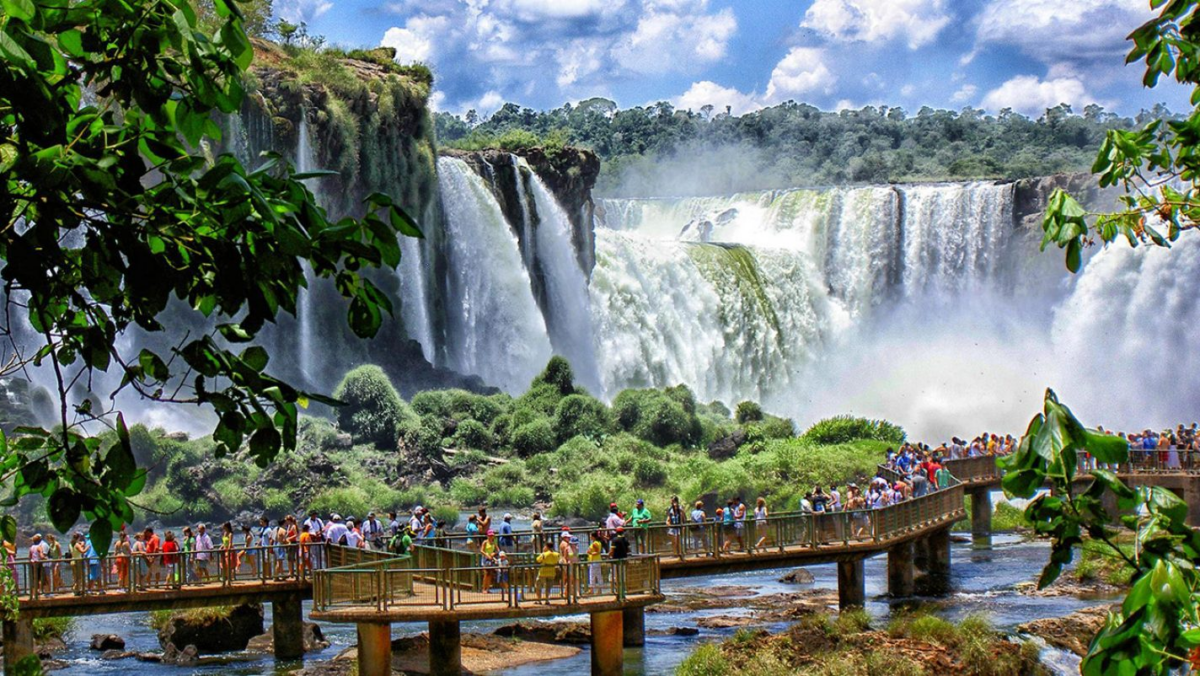
Tourism in Nigeria
Tourism in Nigeria is another scene that marks the unique offerings of the country. Visitors from all corners of the globe are lured by the promise of immersing themselves in Nigeria’s cultural tapestry, replete with over 300 ethnic groups, each offering its unique festivals and age-old traditions. The appeal of untouched rainforests, sprawling savannahs, majestic waterfalls, and pristine riverside and oceanic beaches is irresistible to nature enthusiasts and adventurers seeking to explore the heart of West Africa.
The Sukur Cultural Landscape, with its terraced fields and historic palace, exemplifies Nigeria’s commitment to conserving its archaeological heritage alongside its vibrant natural scenery. History lovers are also drawn to the storied archaeological sites and museums filled with relics that tell the tales of Nigeria’s eclectic past.
Additionally, urban explorers have plenty to satiate their curiosity in cities like Lagos and Abuja, where the confluence of modern edifices, busy markets, and a flourishing arts scene encapsulates the country’s dynamism and innovation. Moreover, Nigeria’s culinary landscape is a haven for foodies looking to embark on a flavorful odyssey through its bold and diverse gastronomy.
The increasing influx of tourists, with figures like 518,000 visitors in 2021, is a testament to Nigeria’s rising prominence as a travel destination. It underscores the growing contribution of tourism to the Nigerian economy while offering a journey through the irresistible blend of heritage, culture, and enchanting natural beauty that Nigeria has to offer.
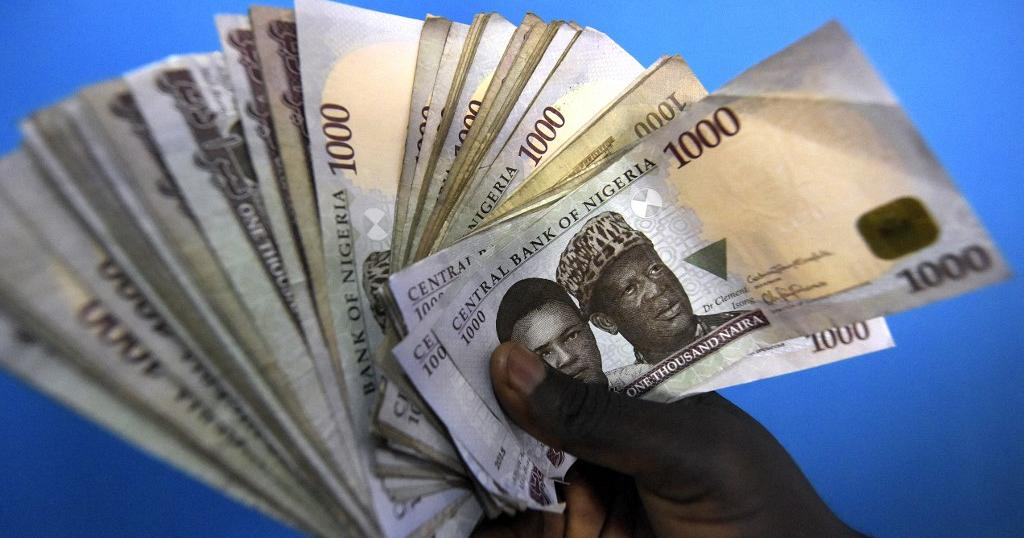
Economy of Nigeria
The Nigerian economy stands as a testament to the spirit and potential of Africa’s largest powerhouse. As a middle-income, mixed economy, Nigeria’s financial story weaves together the threads of various expanding sectors like manufacturing, communication, and pulsating tech industry. It is an economy on the move, striding forward with an anticipated average growth rate of 3.4% between 2023 and 2025.
However, beneath the sheen of growth, there are pressing challenges that tug at the fabric of this economic giant. The shadow of poverty is widespread, and despite the parade of crude oil barrels, which has long been the country’s economic soulmate, this sector contributes to less than 10% of the GDP. It’s a paradox where the vast oil wealth exists alongside an urgent need for diversification and inclusivity in prosperity.
Agriculture, once the cornerstone of Nigeria’s economy, is experiencing a renaissance and is pivotal to the GDP, while manufacturing taps rhythmically but with a slower tempo. The economy, like the heart of the nation, pulsates with a resilience that is both admirable and necessary. Even as real GDP growth dipped slightly in 2022 due to a decline in oil production and inflation rates that seem to gallop ahead, the government and people remain undeterred—implementing reforms, embracing diversification, and marching towards increased productivity.
Home to over 211 million souls and a GDP (PPP) of $1.2 trillion, Nigeria continues to cast a long shadow, a beacon of opportunity across Africa’s economic landscape. All in all, Nigeria stands as a vibrant testament to what it has accomplished—and an even greater illustration of what lies ahead for this indomitable nation.
Bottom Line
Finally, with every language spoken, every tune played, every story told through the celluloid of Nollywood, and each festival celebrated, Nigeria consistently reaffirms its status as a cultural powerhouse. To experience Nigeria’s culture is to embark on an endless journey of discovery, one where the grandeur of its past and the dynamic promise of its future coalesce into a captivating present.

